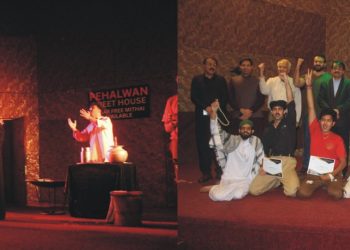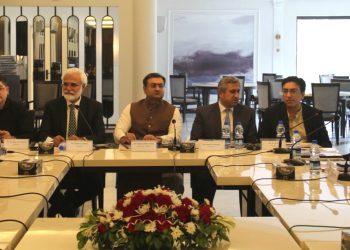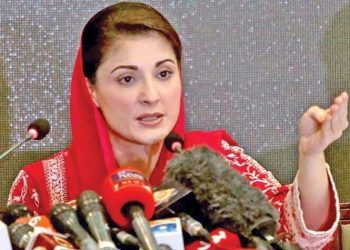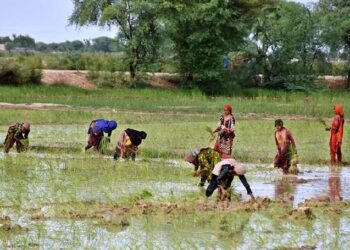Before the 1950s, economists primarily focused on physical capital as the cornerstone of achieving high economic growth. However, the early 1960s marked a paradigm shift that recognized human capital as essential to economic development. It became evident that human capital positively impacts economic growth and can be enhanced by increasing individuals’ ability to contribute through research productivity. Research is a fundamental pillar of society that opens new avenues of knowledge creation, and universities are the main source of research and human capital accumulation. The progress and prosperity of the economy and academia are closely linked to enhancing research productivity. Research output plays a pivotal role in most of the university rankings, such as the famous QS ranking. The methodology for the university rankings is based on various performance lenses, such as academic reputation and employer reputation, which have a share of 40 and 10 percent weight. Citations per faculty are a major component that has a 20% share in the ranking. It is clear that citations crucially depend upon the number of papers published and the quality of journals in which they are published. The remaining 30 percent share is based on the faculty-student, international-faculty, and international-student ratios.
Pakistan made significant investments in the area of Higher education after 2001-02 with the establishment of the Higher Education Commission of Pakistan. Before the inception of HEC-Pakistan, the country had approximately 59 universities and 3,298 PhD holders. In just two decades, Pakistan has produced over 25000 PhD holders in various disciplines and established more than 260 universities nationwide. Pakistan has been improving since the formation of the HEC in 2001-02; however, according to HEC statistics, around 75 to 80 percent of PhD holders work in academia, comprising 35 percent of the total faculty. This means that 65 percent of universities in Pakistan do not have PhD faculty members, which affects the quality of higher education. Non-PhD faculty members are not established in terms of research publications. Based on survey data, a study conducted at the School of Social Sciences and Humanities in the Department of Economics, National University of Sciences and Technology, Islamabad-Pakistan, reveals that non-PhD faculty members have less than one publication on average. In contrast, a newly minted PhD holder typically has four publications, with this number increasing over time.
On average, PhD faculty members in Pakistan have 140 citations, while non-PhD faculty members average only 7.5 citations. Additionally, PhD faculty members have nearly five impact factor publications, compared to 0.31 publications for non-PhD faculty. As a result, Pakistan has a limited number of universities ranked in QS rankings. However, as explained, non-PhD faculty members are 65 percent contributing nothing to research productivity and knowledge creation.
The research productivity regarding the employment sector indicates that faculty at public sector universities are 16 percent more productive than their counterparts in private universities. This difference is partly attributed to the heavy teaching loads that private sector faculty often face, which negatively affects their research output. Furthermore, male faculty members published 29 percent more research articles in impact factor categories than female faculty. However, there is no significant difference in research productivity between those holding domestic and foreign PhD degrees.
Many PhD holders in Pakistan are unemployed, while more than 35000 faculty members in universities do not hold PhD degrees. Hence, we need to have a system of replacing non-PhD with PhD faculty in universities. The Higher Education Commission of Pakistan should revise its current policies and require that universities have at least 75 percent of their faculty made up of PhD holders. The research environment is essential to research productivity. Therefore, universities should prioritize creating a conducive research environment equipped with state-of-the-art research facilities, access to resources and relaxation in teaching workload on average, PhD faculty members produce 5.23 impact factor publications with a reduced teaching load, compared to 3.44 without such relaxation. To foster innovation and knowledge exchange, universities should implement specific research policies encouraging collaboration between PhD and non-PhD faculty members. Moreover, the gap between industry and academia must be addressed through collaborative research initiatives that bridge this divide.
Dr. Adnan Bashir
Visiting Faculty Member, National University of Sciences and Technology (NUST), Islamabad-Pakistan
Dr. Zahid Siddique
Professor of Economics, School of Social Sciences and Humanities (S3H), National University of Sciences and Technology (NUST), Islamabad-Pakistan



















